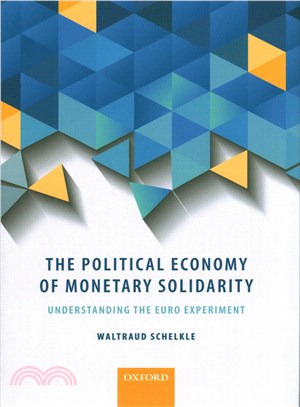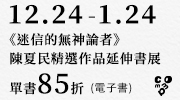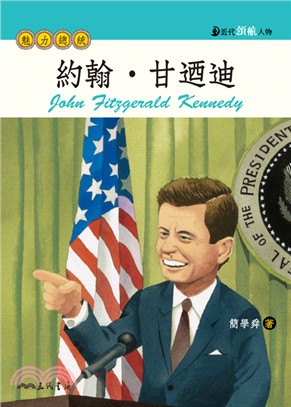The Political Economy of Monetary Solidarity ─ Understanding the Euro Experiment
商品資訊
ISBN13:9780198717935
出版社:Oxford Univ Pr
作者:Waltraud Schelkle
出版日:2017/06/20
裝訂/頁數:精裝/408頁
規格:23.5cm*15.9cm*1.9cm (高/寬/厚)
定價
:NT$ 6600 元若需訂購本書,請電洽客服 02-25006600[分機130、131]。
商品簡介
作者簡介
相關商品
商品簡介
Creating the European monetary union between diverse and unequal nation states is arguably one of the biggest social experiments in history. This book offers an explanation of how the euro experiment came about and was sustained despite a severe crisis, and provides a comparison with the monetary-financial history of the US.
The euro experiment can be understood as risk-sharing through a currency that is issued by a supranational central bank. A single currency shares liquidity risks by creating larger markets for all financial assets. A single monetary policy responds to business cycles in the currency area as a whole rather than managing the path of one dominant economy. Mechanisms of risk-sharing become institutions of monetary solidarity if they are consciously maintained, but they will periodically face opposition in member states.
This book argues that diversity of membership is not an economic obstacle to the success of the euro, as diversity increases the potential gains from risk sharing. But political cooperation is needed to realize this potential, and such cooperation is up against collective action problems which become more intractable as the parties become more diverse. Hence, risk-sharing usually comes about as a collective by-product of national incentives. This political-economic tension can explain why the gains from risk-sharing are not more fully exploited, both in the euro area and in the US dollar area.
This approach to monetary integration is based on the theory of collective action when hierarchy is not available as a solution to inter-state cooperation. The theory originates with Keohane and Ostrom (1995) and it is applied in this book, taking into account the latest research on the inherent instability of financial market integration.
The euro experiment can be understood as risk-sharing through a currency that is issued by a supranational central bank. A single currency shares liquidity risks by creating larger markets for all financial assets. A single monetary policy responds to business cycles in the currency area as a whole rather than managing the path of one dominant economy. Mechanisms of risk-sharing become institutions of monetary solidarity if they are consciously maintained, but they will periodically face opposition in member states.
This book argues that diversity of membership is not an economic obstacle to the success of the euro, as diversity increases the potential gains from risk sharing. But political cooperation is needed to realize this potential, and such cooperation is up against collective action problems which become more intractable as the parties become more diverse. Hence, risk-sharing usually comes about as a collective by-product of national incentives. This political-economic tension can explain why the gains from risk-sharing are not more fully exploited, both in the euro area and in the US dollar area.
This approach to monetary integration is based on the theory of collective action when hierarchy is not available as a solution to inter-state cooperation. The theory originates with Keohane and Ostrom (1995) and it is applied in this book, taking into account the latest research on the inherent instability of financial market integration.
作者簡介
Waltraud Schelkle, Professor of Political Economy, London School of Economics and Political Science
Waltraud Schelkle is Associate Professor of Political Economy at the European Institute, London School of Economics and Political Science. She is also an Adjunct Professor of Economics at the Free University of Berlin.
主題書展
更多
主題書展
更多書展今日66折
您曾經瀏覽過的商品
購物須知
外文書商品之書封,為出版社提供之樣本。實際出貨商品,以出版社所提供之現有版本為主。部份書籍,因出版社供應狀況特殊,匯率將依實際狀況做調整。
無庫存之商品,在您完成訂單程序之後,將以空運的方式為你下單調貨。為了縮短等待的時間,建議您將外文書與其他商品分開下單,以獲得最快的取貨速度,平均調貨時間為1~2個月。
為了保護您的權益,「三民網路書店」提供會員七日商品鑑賞期(收到商品為起始日)。
若要辦理退貨,請在商品鑑賞期內寄回,且商品必須是全新狀態與完整包裝(商品、附件、發票、隨貨贈品等)否則恕不接受退貨。
























